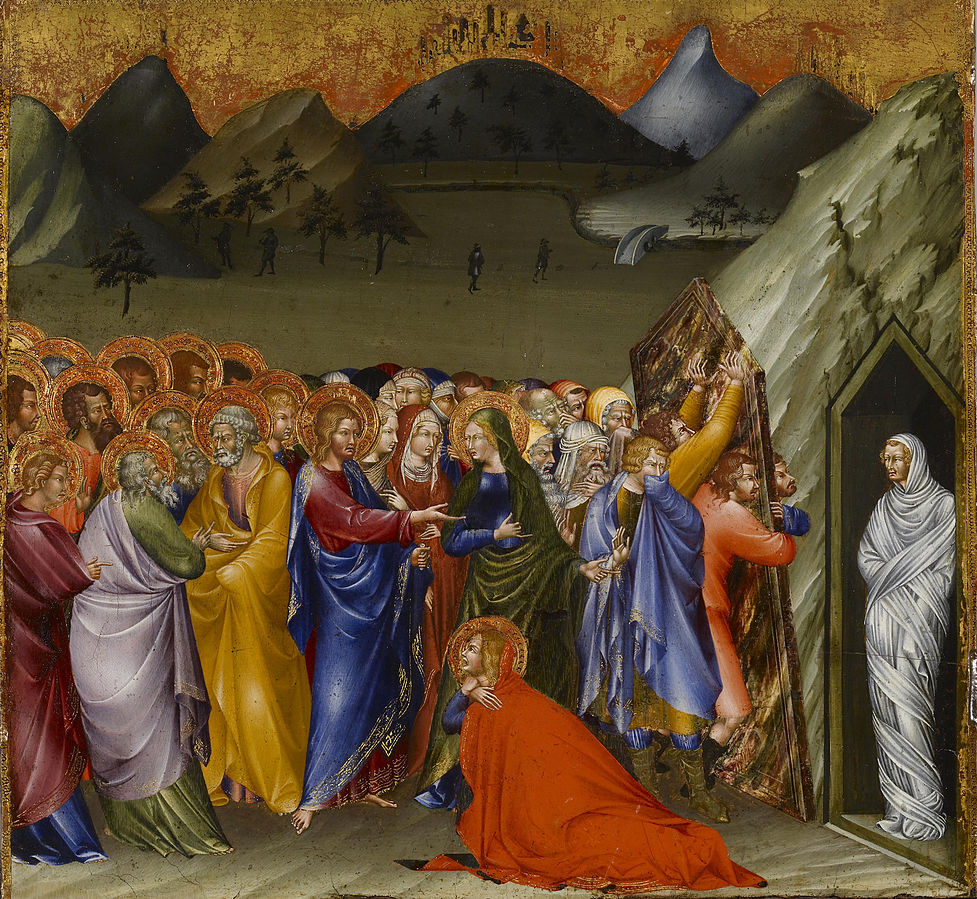
Part 1: Introduction | Part 2: “Prepare Ye the Way” | Part 3: “I Have Seen the LORD” | Part 4: “Call upon the Name of the LORD” | Part 5: “He Ascended Up on High” | Part 6: Excursus—Descent into Hell | Part 7: “The LORD Will Come in Fire” | Part 8: “Let All the Angels of God Worship Him”
In the previous post we noted that Hebrews 1 begins the author’s task of demonstrating the superiority of Christ in all things by demonstrating his superiority to the angels. He does this by citing a series of quotations from the Hebrew Scripture, what we Christians call the Old Testament. We looked last time at a quotation from Deuteronomy in Hebrews 1.6.
Just a few verses further we find another Old Testament YHWH passage (Ps 102.25-27) cited and applied to the Son:
“In the beginning, Lord, you founded the earth, and the heavens are the work of your hands; 11they will perish, but you remain; they will all wear out like clothing; 12like a cloak you will roll them up, and like clothing they will be changed. But you are the same, and your years will never end” (He 1.10-12).
The author of Hebrews, as is his custom, is quoting not the Hebrew Old Testament but its Greek translation, the Septuagint, which was in very common use in the first century. In verse 10 the Septuagint has the word “Lord” (Gk kurie), and consequently the Greek of the verse, and the English translations, have it as well. It’s proper to note that the word does not occur in the Hebrew text, having been added by the Septuagint translators. (I noted last time that the Septuagint is of uneven quality.)
So the word “Lord” (in Hebrew, either Adonai or YHWH) does not in fact occur in Psalm 102.25. But “YHWH” does occur earlier in the Psalm; in fact it occurs 8 times in 28 verses (Ps 102.1, 12, 15, 16, 18, 19, 21, and 22). As you might suspect from the frequency and extent of the appearances, the entire psalm is addressed to YHWH. And for good measure, the name “God” (Elohim) appears in verse 24.
Beyond the name statistics, however, the context—the entirety of Psalm 102—makes the impact of this application all the more impressive.
- The psalm is addressed as a plea prayer, requesting deliverance (Ps 102.1-2)
- From extreme physical ailment (Ps 102.3-5);
- From psychological torment (Ps 102.6-7, 9, 11);
- From powerful enemies (Ps 102.8);
- From the wrath of the addressee, God (Ps 102.10).
- The psalmist is confident that God can deliver him from such a complex, multifaceted problem because
- He is a mighty king (Ps 102.12a);
- He has an eternal reputation (Ps 102.12b);
- He is compassionate (Ps 102.13a, 14);
- He keeps his promises (Ps 102.13b);
- He does infinitely impressive works (Ps 102.15-16);
- He cares for the downtrodden (Ps 102.17-20); and
- He is the kind of person whom it is right and reasonable to worship (Ps 102.21-22).
The Psalmist climaxes his prayer by contrasting his temporality (“do not take me away at the midpoint of my life”) with God’s eternality (“you whose years endure throughout all generations”) (Ps 102.24)—and then comes the closing stanza, a hymn to the eternality and power of the Almighty and the security those who trust in him, most of which is the portion quoted in Hebrews:
25Long ago you laid the foundation of the earth, and the heavens are the work of your hands. 26They will perish, but you endure; they will all wear out like a garment. You change them like clothing, and they pass away; 27but you are the same, and your years have no end. 28The children of your servants shall live secure; their offspring shall be established in your presence.
Once in this Psalm the writer calls this person God, and 8 times he calls him YHWH.
The writer to the Hebrews calls him Jesus.
Photo by Aaron Burden on Unsplash

